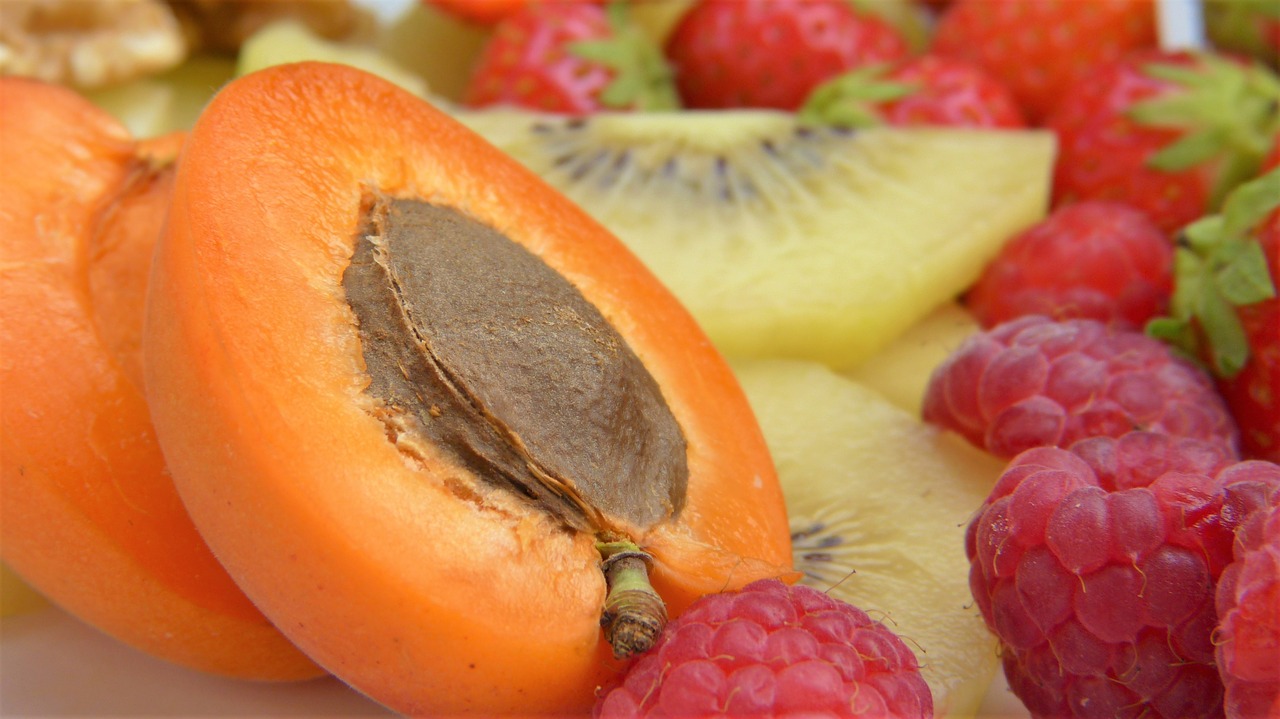A cancer patient in Australia got cyanide poisoning from ingesting an apricot kernel extract he was using to beat the disease. He survived, but has abnormally low levels of oxygen that is a dangerous side effect of cyanide poisoning.
Doctors in Melbourne discovered that the man, 67 years old, had low oxygen while he was under anesthesia for a routine operation, The Verge reports. Blood tests showed that he had cyanide levels in his system that was 25 times more than what is acceptable, showing how alternative treatments can have damaging consequences for patients.
There is a prevailing belief that apricot kernels, which are the soft seeds found inside apricot pits, can fight or prevent cancer. The patient had prostate cancer, and had been taking the apricot kernel extract, along with a supplement called Novodalin, to keep his cancer from recurring, according to study co-author Alex Konstantatos, Head of Pain Medicine at Alfred Hospital in Melbourne.
The patient was ingesting two teaspoons of homemade apricot kernel extract and three tablets of Novodalin daily, which amounts to 17.32 milligrams of cyanide.
Apricot kernels have amygdalin, a compound also known as laetrile, that gets converted into cyanide inside the body. Cyanide disrupts oxygen supply, making it toxic for the brain and heart. People who use apricot kernels believe that this function also applies to cancer cells, which scientists say is false.
Konstantatos said,
It is likely to kill all cells of the body equally.
The National Cancer Institute has ruled that laetrile has no anticancer properties, and it is illegal for cancer treatment in the United States.
Cyanide poisoning causes nausea, insomnia, headaches, nervousness and ultimately, can lead to death. The European Food Safety Authority issues a warning last year regarding children getting hospitalized due to apricot kernel consumption.
Konstantatos said he wants to highlight how alternative medicines may have detrimental health effects, because doctors don’t often ask about what supplements patients may be taking. “My message to my fellow doctors is to ask about these medications,” he added.
As for the patient, he decided to continue taking the kernel extract. “He personally believes that the quality of evidence is sufficient for his purposes, or maybe he cannot wait for the scientific proof to come through as it may take too long to prevent his cancer from recurring,” Konstantatos said.
The study was published in the journal BMJ Case Reports.
























